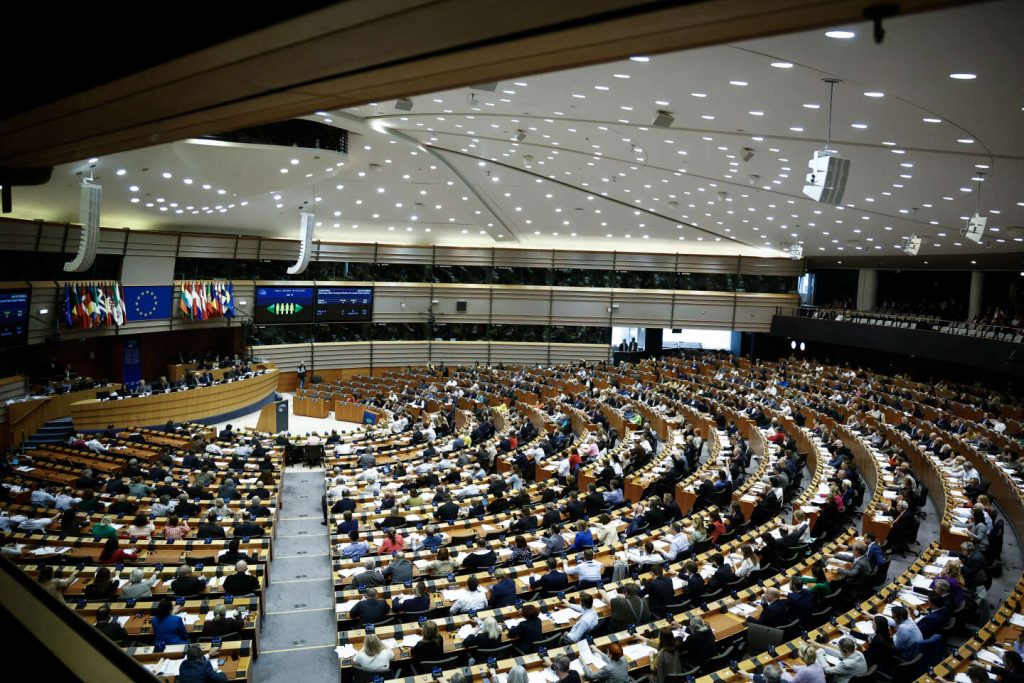Faustine Bas-Defossez, who works on nature, health, and environmental issues at the European Environmental Bureau, a federation of nearly 200 NGOs, has witnessed the efforts of industrial lobbies to weaken the European Green Deal during the last term of the European Parliament. Following the 2019 European elections, have the activities of industrial lobbies increased? Yes, their activity has been intense because they sensed the importance of the moment. The Green Deal is an ambitious and systemic project aimed at putting the European Union on the necessary path to carbon neutrality by 2050, requiring measures across all sectors. Some lobbies, such as Business Europe, representing many industrial interests, attempted to undermine the entire Green Deal by arguing that the priority now should be to support businesses for years in light of the Covid-19 pandemic. However, this attempt failed, and the crisis actually led to greening economies through various recovery plans.
Many companies were also supportive of the Green Deal because they are aware of the long-term economic risks posed by climate and environmental issues. There was a second, more aggressive offensive against the Green Deal after the outbreak of the war in Ukraine in 2022, with the argument that there were more pressing priorities. This was followed by further attempts to unravel the Green Deal after the agricultural crisis and in anticipation of the upcoming European elections in June. The climate aspect of the Green Deal, known as “Fit for 55,” passed relatively smoothly, influenced by the momentum of the 2019 elections and the leadership of Ursula von der Leyen. However, when it came to more specific measures or sectoral issues, progress was more challenging, with some advances being halted early on.
One example of the lobbies’ effective influence was in the case of the Reach regulation on chemical substances, which was not even presented after intense lobbying efforts by German chemical industry lobbyists. Similarly, the framework law on sustainable food systems, which would have benefited farmers, especially regarding pricing, was also stalled. Lobbying efforts were also seen in areas such as plastic packaging, the “Farm to Fork” strategy, and the nature restoration text, with lobbyists reaching out to members of various political groups. As the next election approached and other events gained significance, the arguments for maintaining the status quo spread within the Commission and the Parliament.
Overall, the industrial lobbies’ actions have had varying degrees of success, with some measures being pushed through and others facing significant challenges. Despite their efforts to weaken or delay certain aspects of the Green Deal, the crisis caused by the Covid-19 pandemic and subsequent recovery plans have actually led to a greening of economies. The upcoming European elections in June are likely to further influence the dynamics of lobbying and policymaking in relation to environmental issues within the European Parliament. Ultimately, the ability of industrial lobbies to shape policies in favor of their interests remains a constant factor in the ongoing debate on environmental protection and climate action at the European level.


